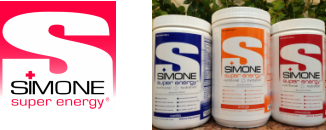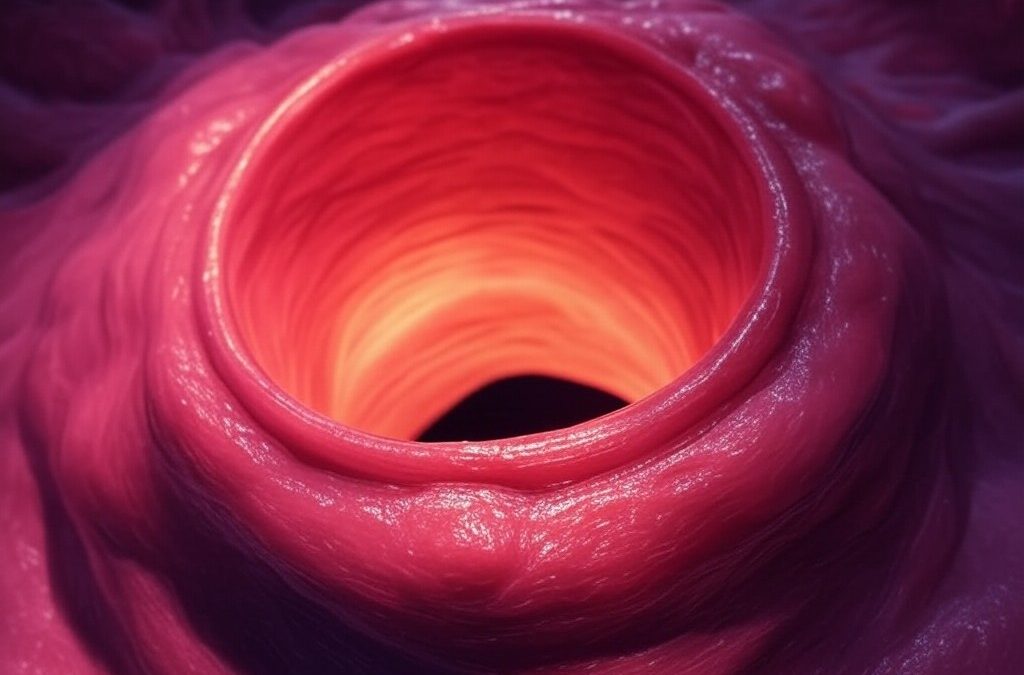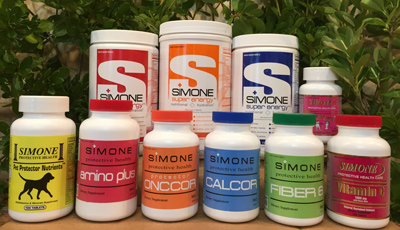INFLAMMATION AND OXIDATION – WHAT YOU CAN DO
2/17/2015
We do not diagnose disease or recommend a dietary supplement for the treatment of disease. You should share this information with your physician who can determine what nutrition, disease and injury treatment regimen is best for you. You can search this site or the web for topics of interest that I may have written (use Dr Simone and topic).
“We provide truthful information without emotion or influence from the medical establishment, pharmaceutical industry, national organizations, special interest groups or government agencies.” Charles B Simone, M.MS., M.D.
Lawrenceville, NJ – Dr Simone INFLAMMATION AND OXIDATION DECREASE ATHLETIC PERFORMANCE AND INCREASE THE RISK FOR CANCER, CARDIOVASCULAR DISEASE, DIABETES, DEMENTIA, AND MANY OTHER CHRONIC DISEASES AS WELL AS SHORTENED LIFESPANS
FOODS THAT CAUSE INFLAMMATION AND OXIDATION
Processed Sugars
Refined Carbohydrates are white flour products (breads, crackers), white rice, white potatoes (instant mashed potatoes, or french fries) and many cereals. Foods with a high glycemic index (high glucose content) cause inflammation and oxidation by reacting with proteins in the blood stream. This is irreversible and is called glycation [advanced glycation end (AGE) products]. Gluten containing foods (wheat) contain amylopectin A that easily converts to glucose.
Saturated Fats: Four-legged animals, Dairy products (except non-fat products), and Shellfish. These foods already have AGE products; more when you broil or fry, less when you steam or boil.
Hemoglobin A1c is a common clinical lab test that measures hemoglobin – blood glucose complex. This test can reflect the overall glycation in your body.
Trans Fats: fast foods, fried foods, processed snack foods, frozen breakfast products, cookies, donuts, crackers, and foods with partially hydrogenated oils.
Omega 6 Fatty Acids: in oils such as corn, safflower, sunflower, grapeseed, soy, peanut, and vegetable; mayonnaise; and many salad dressings.
Mono-Sodium Glutamate (MSG)
Gluten promotes inflammation. Gluten is found in wheat, rye, barley and any foods made with these grains.
Alcohol
HIGH GLYCEMIC INDEX FOODS
SWEETENERS: Table Sugar, Brown Sugar, Agave, Corn Syrup, Maple Syrup,Honey, Molasses, Fruit Juice Concentrate
DESSERTS: Cookies, Cakes, Candies, Ice Cream, Sweet Yogurt, Jellies, Jams, Puddings, Custard
FRUIT and FRUIT JUICE in general, but Watermelon, Cantaloupe, Pineapple all have a high glycemic index
FLOUR and STARCH: Dough, Breads, Pizza, Pancakes, Waffles, Pastas, Noodles, Couscous, Bagels, Pretzels, Crackers,Muffins, Chips
WHITE RICE, INSTANT RICE, POLISHED RICE, CORN
INSTANT OATMEAL and other INSTANT OR REFINED CEREALS
HIGH GLYCEMIC INDEX VEGETABLES: White potato, Parsnip, Beets, Carrots
ALCOHOL
LOW GLYCEMIC FOODS DECREASE INFLAMMATION
PROTEIN: Fresh/Frozen Lean Meat, Poultry, Swimming Fish, Egg Whites, Vegetable Protein
VEGETABLES all except white potatoes, parsnips, beets, carrots
WHOLE GRAINS and 100% Stone-ground Whole Grain Breads without added sugar
NUTS and SEEDS
LEGUMES: Beans, Peas, Lentils
UNSWEETENED DAIRY: Milk, Plain Yogurt, Cheeses, Butter
OTHER CAUSES of INFLAMMATION AND OXIDATION
Overweight or Obesity – lose weight and inflammation decreases
Food Allergies and Gut Health Issues
Vitamin A Deficiency
Sleep Deprivation or poor Sleep Quality
Stress and Exhaustion
Sedentary Lifestyle
Exhaustive Exercise
Chronic Infections – bacteria, viruses, fungus, parasites
Smoking
DECREASE INFLAMMATION
Simone Ten Point Plan (www.DrSimone.com)
Antioxidants, N-Acetyl Cysteine, Omega 3 Fatty Acids
NSAIDS (non-steroidal anti-inflammatory drugs): Aspirin, Ibuprofen, Naproxen – check with your physician
Herbals: Ginger, Turmeric, Green Tea
Prescription Steroids
Dental Hygiene
(c) 2017 Charles B. Simone, M.MS., M.D.



